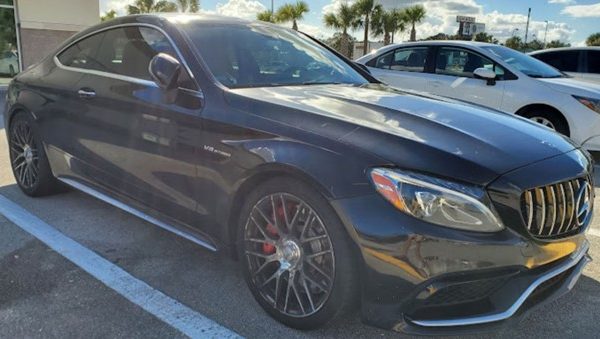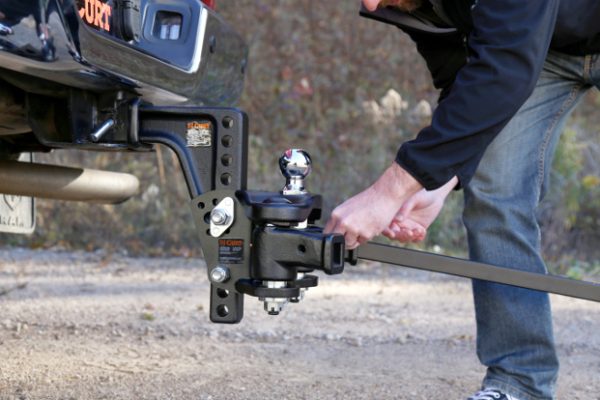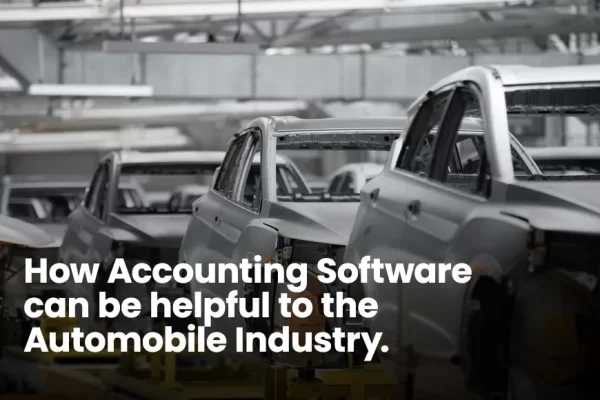General Motors, Guangxi, and SAIC announced a joint venturous partnership with plans to implement new blockchain technology in February 2022. Bloomberg published a report revealing 15 selective pilot areas are testing the decentralized distributed ledgers. SAIC-GM-Wuling was the only entity in the automotive industry selected for the trial. General Motors and Guangxi are using and testing the technology to reduce costs, improve efficiency, and reduce errors.
Other industry sectors selected for the trial include banking, hospitals, local governmental agencies, and utilities. While SAIC-GM-Wuling is testing the new blockchain technology, more auto brands are moving toward implementing it into their production process. Toyota, BMW, and Mercedes-Benz are using decentralized distributed ledgers for transactions.
What is a Decentralized Distributed Ledger
A decentralized distributed ledger is a blockchain technology that records transactions or information using cryptography. It is difficult to manipulate and reverse the process without the permission of other authorized members of an organization.
All users have access to the blockchain system for transparency of peer-to-peer transactions. The system verifies transactions through node consensus without a third party, as Bitcoin and Ethereum found on https://www.okx.com/markets/prices. It will help the automotive companies reduce costs and provide efficient inventory management of supplies, parts, and finished products.
Benefits of Blockchain for SAIC-GM-Wuling
- Reduce Human Errors
- Paperless Documentation
- Efficient, Automatic Processing of Transactions
- Decrease Costs
- Help Companies Transition to Becoming More Environmentally-Friendly
With SAIC-GM-Wuling processing over 900 automotive components in millions of transactions daily, human errors are less likely to happen. Paper invoicing is susceptible to erroneous transactions and sometimes lost in piles of paperwork. Inventory management is challenging and subject to human errors with a paper trail.
Decentralized digital ledgers have plenty of applications for automotive companies and motorists. BMW, for example, started using blockchain technologies for consumers when purchasing used trucks and automobiles. The auto brand uses the applications for verifying whether a vehicle was ever involved in an accident or serviced regularly.
Cutting costs is a benefit of Blockchain technologies. SAIC-GM-Wuling expects to save over $2.5 million and reduce paper usage annually. The company estimate they will decrease paper usage by 10 million sheets each year. Keeping costs low allows SAIC-GM-Wuling to continue selling its Hongguange Mini EV for under USD 5,000.
Large corporations are implementing blockchain technology to help protect the global environment. Although recycling manufacturers help eliminate waste, the processing can create pollutants released into the atmosphere. SAIC-GM-Wuling’s goal is to become more environmental-friendly while reducing costs over time.
Automotive brands in others countries will probably follow suit as SAIC-GM-Wuling in Liuzhou, China implementing blockchain technologies. They can automatically record transactions and information with accuracy in real-time. All transactions are tamper-proof, permanent, and chronological, requiring authorization and permission to amend.
Decentralized distributed ledgers are secure using cryptography, a computational function that makes it extremely difficult to reverse a processed transaction. Blockchain technology provides transparency to all its users and a feature for tracking transactions. SAIC-GM-Wuling will be monitoring the efficiency of the technologies and cost reduction over the years.





